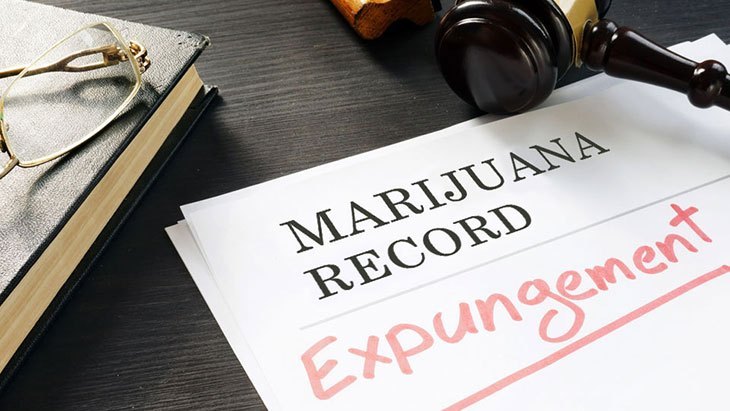
Democratic Governor Gretchen Whitmer of Michigan signed House Bill 4982 into law Monday, legislation to allow for the courts to “set aside” certain past marijuana convictions.
“This is a historic day in Michigan. These bipartisan bills are a game changer for people who are seeking opportunities for employment, housing, and more, and they will help ensure a clean slate for hundreds of thousands of Michiganders,” said Governor Whitmer. “This is also an opportunity to grow our workforce and expand access to job training and education for so many people. I am proud to sign these bills today alongside Lieutenant Governor Gilchrist and many of the bipartisan leaders who worked on them.”
House Bill 4982 explicitly permits those convicted of one or more misdemeanor marijuana offenses to file a petition with the court to have their criminal record set aside. According to the Associated Press: “In Michigan, an expungement — or set aside — clears the public record of a conviction so it does not appear in a background check. Law enforcement still keeps a non-public record, but people no longer have to disclose their criminal past on job applications or other forms.”
Those with convictions for marijuana-related activities that are now legal under state law are presumed to be automatically eligible for expungement unless there is an objection raised by the prosecuting agency within 60 days of the applicant filing his or her petition.
“The Governor is to be commended for taking this proactive stance,” NORML Deputy Director Paul Armentano said. “Thousands of citizens unduly carry the undue burden and stigmatization of a past conviction for behavior that is no longer considered to be a crime. Our sense of justice and our principles of fairness demand that officials move swiftly to right the past wrongs of cannabis prohibition and criminalization.”
House Bill 4982 is a part of a broader package of expungement-related legislation approved by the legislature. A separate bill in the package, HB 4980, would automate the record clearing process for many low-level misdemeanor and felony offenses, including certain marijuana offenses, after a specified waiting period. However, that automated process is not anticipated to begin for another two and one-half years.
Other bills in the package address the amount of time one must wait prior to becoming eligible to have their records vacated and expand the number of expungements someone can receive.















